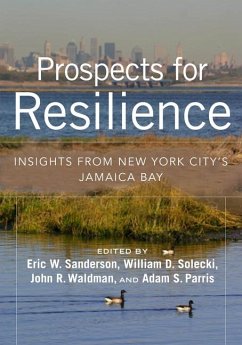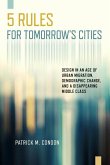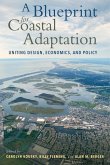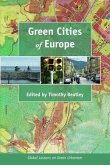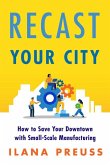Given the realities of climate change and sea-level rise, coastal cities around the world are struggling with questions of resilience. Resilience, at its core, is about desirable states of the urban social-ecological system and working to sustain those states in an uncertain and tumultuous future. How do physical conditions, ecological processes, social objectives, human politics, and history shape the prospects for resilience? Most books set out "the answer." This book sets out a process of grappling with holistic resilience from multiple perspectives, drawing on the insights and experiences of more than fifty scholars and practitioners working together to make Jamaica Bay in New York City an example for the world. Ranging from a framework for understanding resilience practice in urban watersheds to essential tools for research and practice, Prospects for Resilience is filled with information and advice for scientists, urban planners, students, and others who are working to create more resilient cities that work with, not against, nature.
Hinweis: Dieser Artikel kann nur an eine deutsche Lieferadresse ausgeliefert werden.
Hinweis: Dieser Artikel kann nur an eine deutsche Lieferadresse ausgeliefert werden.

